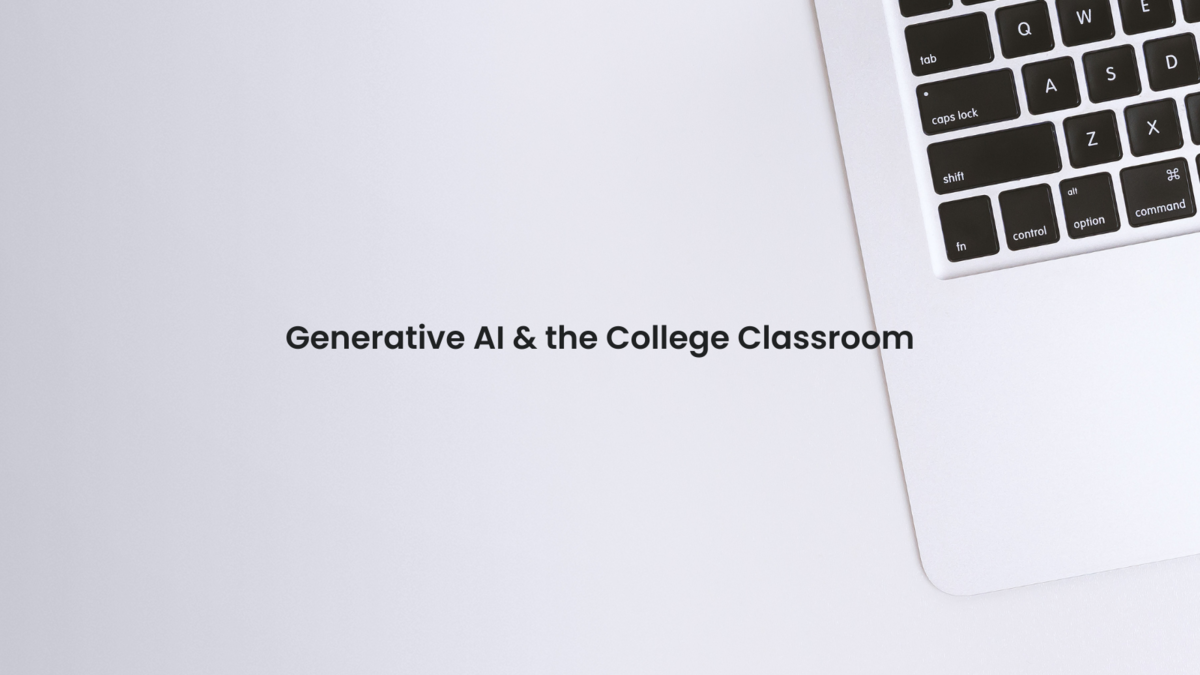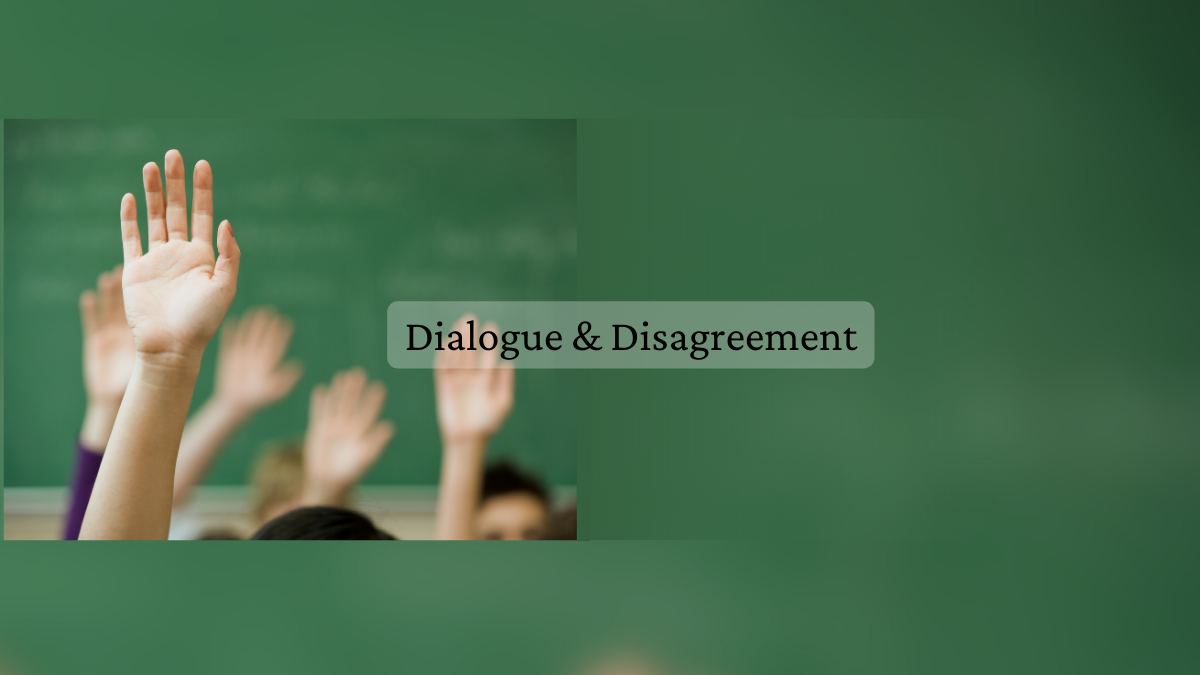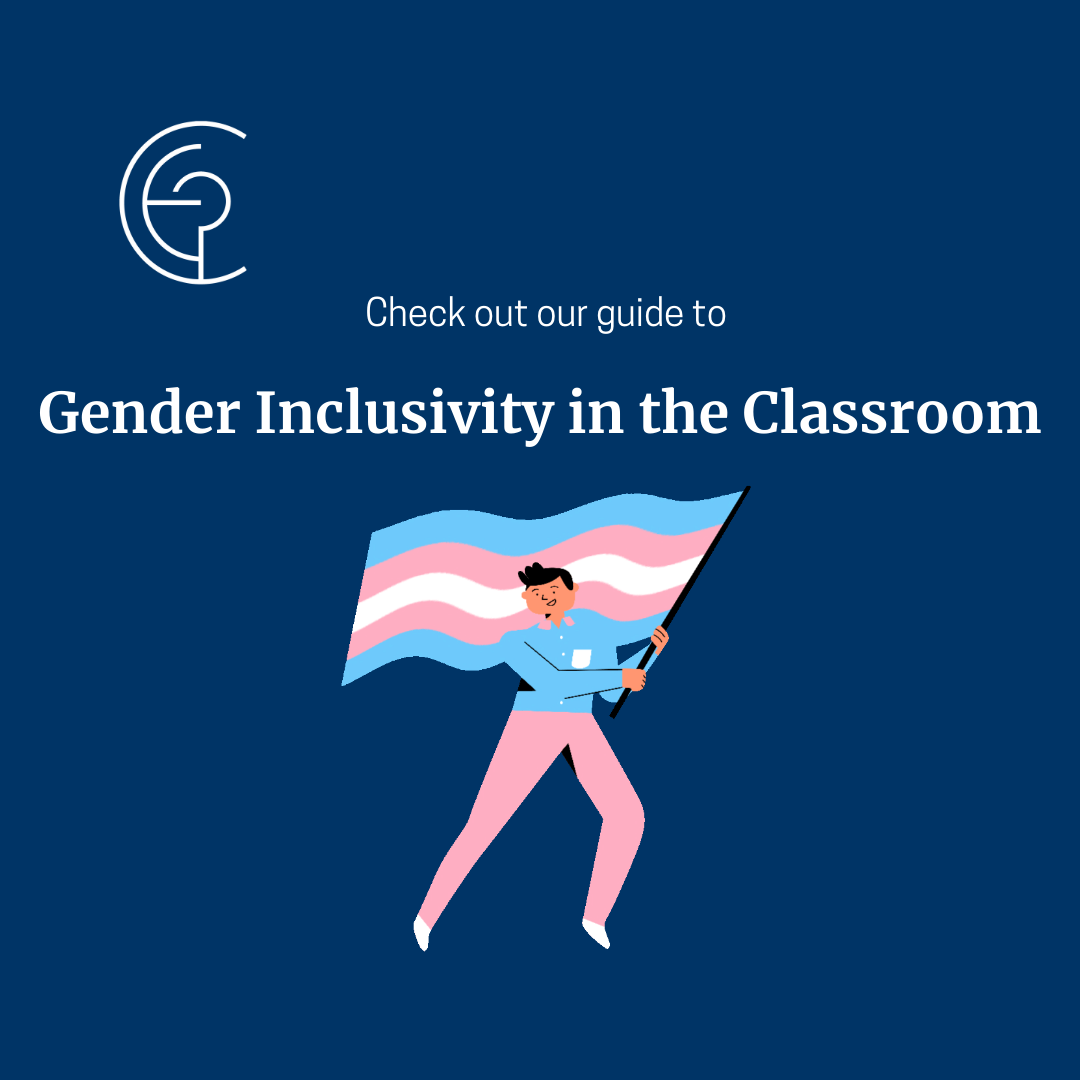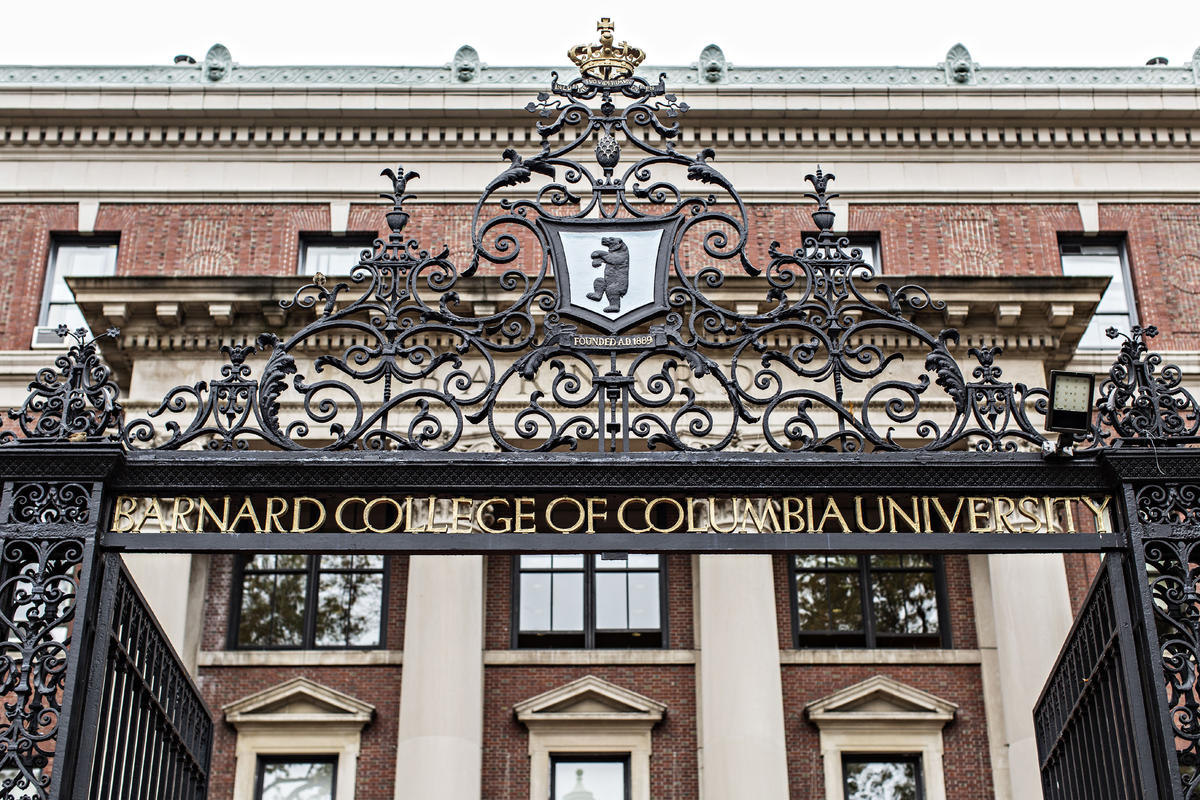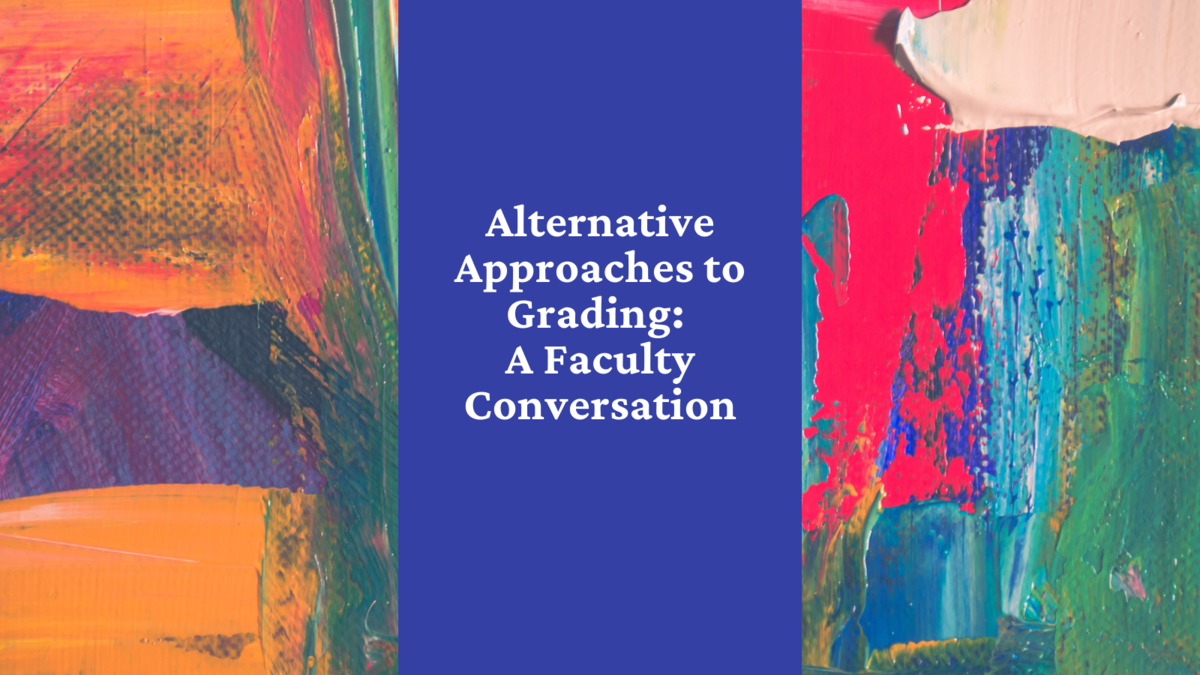Teaching Resources
Teaching Resources
At the CEP, we aim to cultivate a base of scholarship, knowledge, and practical strategies on teaching and learning, with a dedicated focus on anti-oppressive pedagogy. We work quickly to develop timely resources and scholarly and creative interventions for faculty, students, and the Barnard community on a variety of topics. From our “Materiality, Embodiment, and Pedagogy Online” interviews to our guides on gender inclusivity and remote teaching, the resources we develop are responsive to the needs of our community and a shifting educational landscape.
Teaching Resources Library
Remote Teaching Resources
Barnard Campus Resources
Barnard has a wide range of resources available for student academic and personal support. See our Campus Resources page to view the College initiatives and centers that support your students' academic and personal well-being.
Additional Teaching Resources
Click below for a list of pedagogical resources from peer institutions and organizations.
